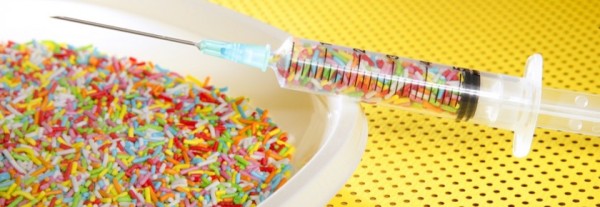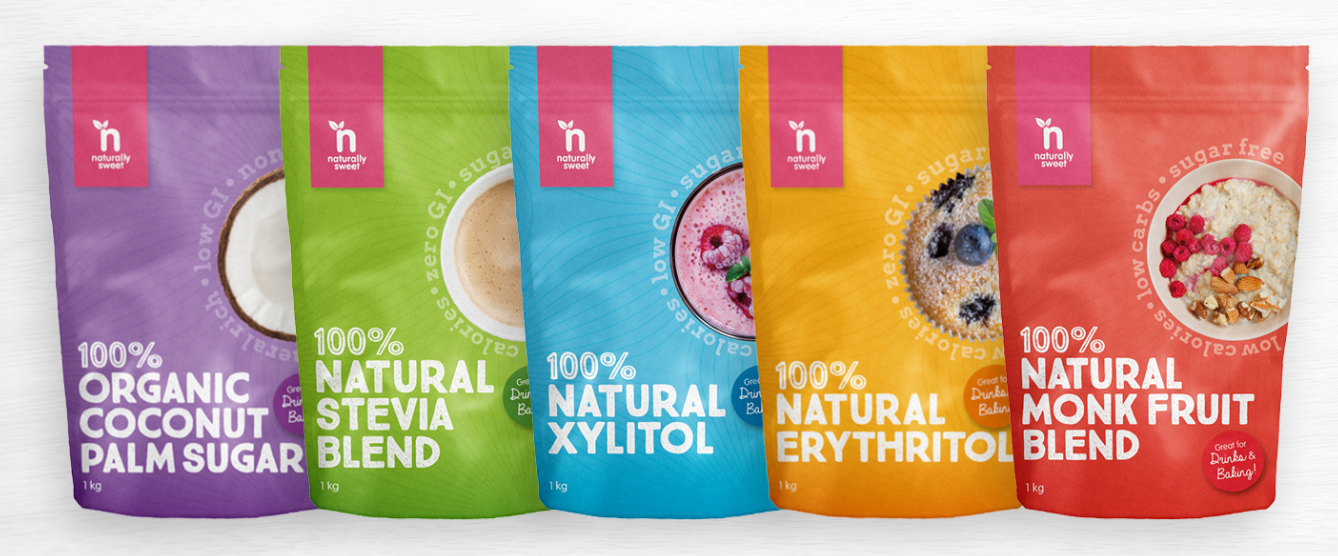How sugar reacts in the body
Sugar is absorbed quickly in the body, and causes glucose levels to rise rapidly. This is why high sugar foods give a sudden energy burst. As blood glucose levels rise, so too does the release of insulin. Insulin battles glucose and causes blood sugar levels to fall. This makes us want to eat more. This is why sugar is now known to be addictive: the more you eat, the more you want to eat.How we react to sugar
Just like many drugs, sugar produces highs which are then followed by lows. This is most noticeable in children. When fed sugary foods - such as cakes, sweets, and fizzy drinks – energy levels fly through the roof. Play is full of fun and laughter. Then, as the effect begins to wear off (as insulin produced reduces blood sugar levels), children become irritable and aggravated, with tears and tantrums following – it’s like a rapid case of ‘cold turkey’. This down feeling combines with the reaction of sugar in the body and again causes us to want to eat more. The excess sugar consumed is then stored in our body as the body converts the sugar to fat. Most of this fat congregates in the abdomen, thus causing abdominal obesity.How to avoid weight gain by sugar
If you want to fight the fat, the rule is to reduce sugar intake. Of course, it’s easy to say stop eating sugary foods but far harder to do. Here are three tips to make this happen: • Find out where the sugar is – foods such as ketchup, sauces, canned fruits, ice cream, and yoghurts are among the worst offenders.• Avoid energy and other fizzy drinks, and enjoy drinks made with natural sweeteners instead.
• Avoid processed foods, which have high levels of added sugars. Use fresh foods to bake at home, and add Xylitol or stevia to sweeten. It’s a fact that sugar makes us gain weight. By switching out of sugar and into naturally sweetened products, you’ll avoid joining the ranks of the obese.




